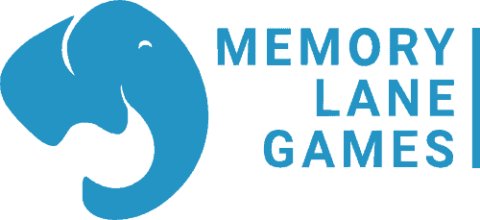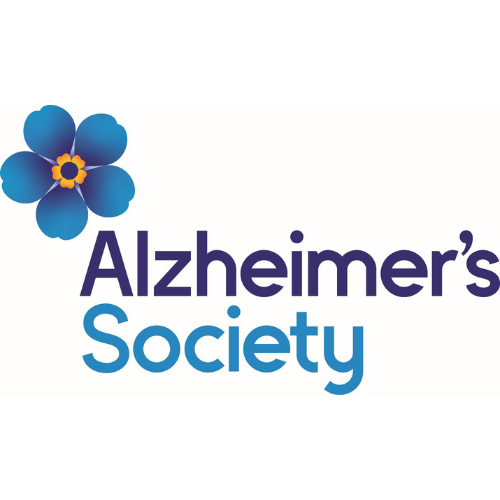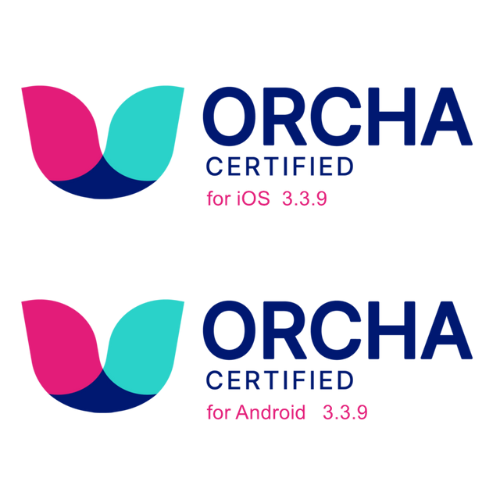Overview
Paid caregivers play a vital role in providing personalized care and support tailored to the individual’s evolving needs, promoting safety, comfort, and quality of life for those living at home with dementia. With expertise in dementia care techniques, paid caregivers can assist with tasks such as medication management, personal care, meal preparation, and mobility support, helping individuals with dementia maintain their independence and dignity while living in familiar surroundings. Additionally, paid caregivers provide valuable respite and support for family members who may be unable to meet the complex care needs of their loved ones with dementia on their own. By facilitating a safe and nurturing home environment, paid caregivers contribute to the well-being and overall quality of life for individuals with dementia and their families.
Paid caregivers face a unique set of challenges when it comes to helping someone with dementia and confusion. This can involve non-compliance with care recommendations because the person with dementia doesn’t understand the steps or rationale for a task. This requires paid caregivers, physical and occupational therapists, and physicians have a robust set of tools to provide the best care possible to their clients and patients.
Unique challenges for paid caregivers
Lack of specialized training: While many caregivers have senior care experience, they may not have specific training or experience in dementia care, which can make it difficult for them to manage the unique needs and behaviors associated with the condition effectively. Without proper training, caregivers may struggle to communicate effectively, respond to challenging behaviors, and provide appropriate care and support.
Limited availability of resources: When working in someone’s home, hired caregivers may face resource and support limitations when it comes to dementia-specific tools. Without access to these resources, caregivers may feel isolated and overwhelmed working with the client.
Physical demands: Caregivers are often hired to help with activities of daily living, such as bathing, dressing, and toileting, which can be physically demanding, especially if the client has mobility issues or behavioral challenges. Often, the caregiver needs more time to sit and chat if hired for a specific amount of time and tasks. Jumping right into bathing or medication administration can be especially jarring for the person with dementia. When the person with dementia doesn’t have time to bond with their caregiver and understand the task, they may participate less in their care, putting even more physical strain on the caregiver.
Difficulty in understanding and managing behaviors: Dementia can cause changes in behavior and mood, such as agitation, aggression, or wandering. Caregivers may find it challenging to understand and manage dementia behaviors, particularly if they are unfamiliar with care tools and techniques. This can lead to frustration and stress for both the caregiver and the individual with dementia.
The power of distraction and redirection
Redirection is a valuable tool in dementia caregiving, offering a compassionate and practical approach to managing challenging behaviors and promoting a sense of calm and well-being. By gently guiding the individual’s attention away from distressing or agitating situations and redirecting them toward more positive or engaging activities or topics of conversation, caregivers can help diffuse tension, reduce anxiety, and prevent escalation of challenging behaviors.
Some standard tools and techniques for redirection include:
Distraction: Offer a distraction by redirecting the person’s attention towards a different activity or topic. For example, if the person is becoming agitated, go for a walk, listen to music, or engage in a favorite hobby.
Validation: Validate the person’s feelings and experiences without necessarily agreeing with their perceptions. Acknowledge their emotions and concerns, and offer reassurance and support. For example, if the person expresses a fear or concern, you could say, “I understand that you’re feeling worried. Let’s sit down together and talk about it.”
Use familiar objects: Use familiar objects or items that hold sentimental value to the person to help redirect their attention. For example, you could give them a favorite photograph, a cherished memento, or a comforting object to hold or look at.
Offering choices: Empower the person by offering them choices and opportunities to make decisions about their care or activities. For example, you could ask them if they want to watch a movie or go for a walk, allowing them to feel a sense of control and autonomy.
Reminiscence: Engage the person in reminiscence activities that evoke positive memories and emotions. Encourage them to share stories, reminisce about past experiences, or look through old photographs or mementos together.
A powerful new tool for caregivers
Memory Lane Games provides an immediate on-demand solution to the need for redirection when working with adults with dementia. The gameplay-based application was specifically built for those with dementia and offers swift deployment and limited preparation for when caregivers have a set timeline for providing care within the home. It uses the power of reminiscence to distract, redirect, calm, and stimulate. Memory Lane Games for in-home care help with bonding during care tasks, making these tasks less distressing for individuals with dementia.
Tablet-based gameplay for use in the field
The application can easily be downloaded on a client’s personal device or on a work tablet for a caregiver to utilize as needed. Within the application are thousands of games catered to hobbies, special interests, history, and culture, with more added monthly.
Increased client and employee retention
As a digital therapeutic, Memory Lane Games aids in bonding between caregiver and client. According to a study in the Journal of Applied Gerontology, “family caregivers prioritized finding the “right” paid caregivers and valued continuity in the individual providing care,” which proves how crucial it is for paid caregivers to have the opportunity to connect with the client.
Fun, on-demand tools support paid caregivers in the field, creating more confidence and longevity in an industry with high turnover. Access to the app provides an effective and consistent option for distraction and redirection during bathing time, meal time, and personal care to avoid agitation and confusion. It is convenient to deploy as needed, simple to use, and requires minimal setup, offering a holistic option for both experienced caregivers and those who are newer at working with dementia.
To further the mission and expand its ability to help people with dementia and their caregivers worldwide, Memory Lane Games is currently seeking research participant facilities and groups. Memory care, assisted living, in-home care companies, adult daycares, and health organizations are welcome to reach out for more information at memorylanegames.com.
























